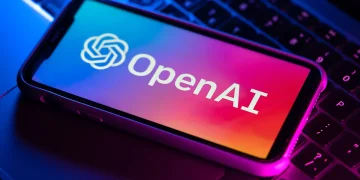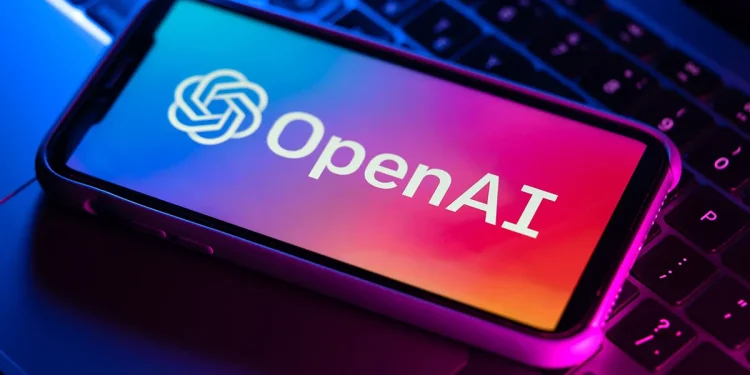TLDR
- Decentralized compute networks lower AI access costs by utilizing idle GPUs, expanding global opportunities.
- AI development is centralized in the US, with 80% of top companies based there, limiting access for emerging economies.
- Blockchain-powered compute networks make AI affordable for startups in lower-income countries by unlocking idle resources.
- Decentralized networks ensure fair access to AI resources, allowing diverse global contributions to AI development.
Artificial intelligence (AI) has made significant strides in recent years, but its development and deployment remain highly centralized. Large tech companies in developed nations dominate AI advancements, limiting access for smaller players and emerging economies. A shift to decentralized compute networks could help democratize AI, providing global access to the necessary computational resources and reducing dependency on centralized tech giants.
Centralization of AI Compute Resources
AI’s rapid growth has led to a concentration of computing power in a few well-funded regions, primarily in the US. The high costs associated with AI development, particularly the expense of GPUs required to train large AI models, make it difficult for smaller entities and emerging economies to participate.
For example, Nvidia’s H100 chips, which are essential for AI training, can cost upwards of $30,000, making it unaffordable for many. This imbalance means that only well-capitalized organizations can afford the necessary resources to innovate and compete.
As AI becomes increasingly critical in areas such as agriculture, healthcare, and education, the centralization of resources threatens to leave developing nations behind. These regions have the talent but lack the infrastructure, which could delay or prevent AI solutions from reaching them. If AI access remains confined to a select few, its potential benefits may not be fully realized across the globe.
The Role of Decentralized Compute Networks
Decentralized compute networks, powered by blockchain technology, offer a solution to this problem. These networks allow users to rent out idle GPUs from data centers, universities, and even individual owners, creating a marketplace for on-demand computing power.
By utilizing underused resources, decentralized networks can lower the costs of accessing the computational power needed for AI projects.
Blockchain ensures trust and coordination between different participants in the decentralized network. Token incentives encourage hardware owners to make their resources available, while developers pay in tokens, enabling seamless transactions.
This decentralized model makes it possible for startups in lower-income countries to scale their AI projects without needing large upfront capital, thus expanding global AI access.
Addressing Performance and Reliability Concerns
Critics of decentralized compute networks often cite concerns about performance, particularly around latency and availability. However, decentralized networks are becoming increasingly competitive.
Innovations such as smart workload routing and mesh networking help maintain high performance. Additionally, transparency tools allow developers to track and verify network performance in real time, ensuring reliability.
While traditional cloud providers may offer high-end services, decentralized networks are more diverse, connecting millions of devices. This diversity allows developers to choose the best hardware for their specific needs, from high-performance GPUs to specialized edge devices. These networks are designed to be flexible, offering competitive performance across various use cases.
Expanding Access to AI Globally
Decentralized compute networks can level the playing field in the AI industry by lowering costs and making computational resources more accessible. As these networks grow, startups and researchers from emerging economies can access the necessary tools to innovate, whether for developing AI models specific to their local needs or for contributing to global advancements. The decentralization of compute resources opens up new opportunities, allowing a more diverse set of voices to influence the future of AI.
In the coming years, the success of decentralized compute will depend on how effectively developers and hardware providers can join these networks. However, by fostering collaboration and reducing entry barriers, decentralized networks can help ensure that AI benefits reach a broader, more inclusive global audience.


















